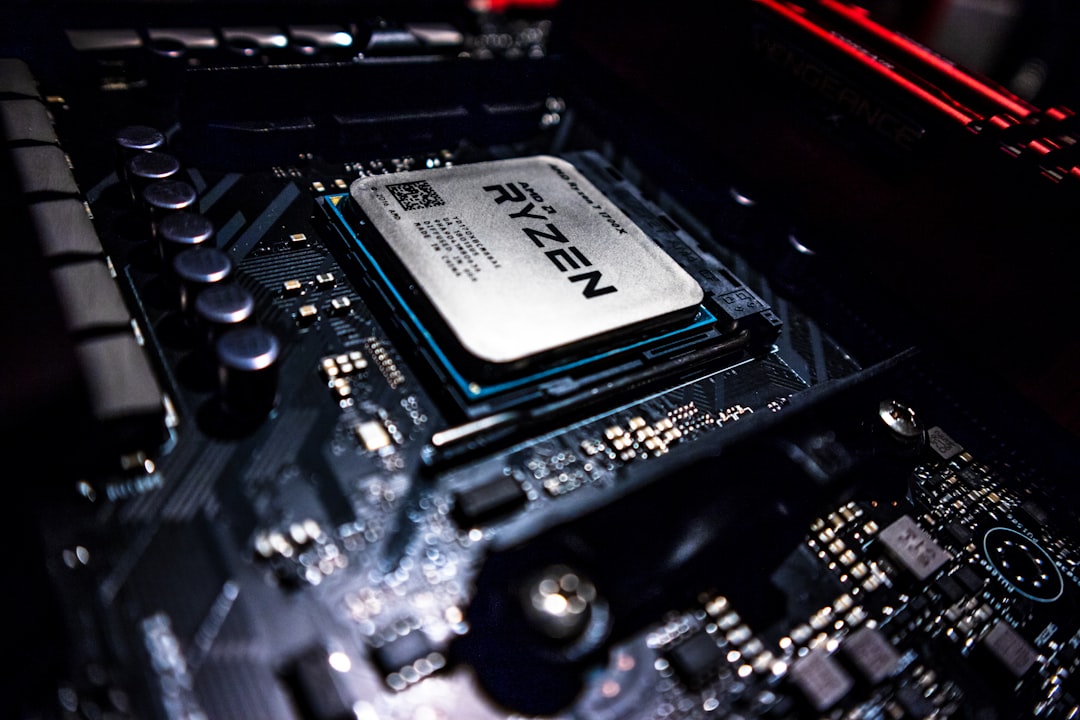In a landmark shift, Advanced Micro Devices (NASDAQ:AMD) revealed that its next-gen processors will be manufactured in the United States for the first time. The chips, including the high-performance 5th Gen EPYC CPUs for data centers, will be produced at TSMC’s Arizona facility, marking a strategic move amid escalating trade tensions and national security scrutiny.
Key Highlights
-
AMD chips to be made in the U.S. at TSMC’s Arizona plant—a significant shift from its previous Taiwan-based production.
-
The move comes as President Trump’s administration considers tariffs on imported semiconductors under a national security review.
-
AMD CEO Lisa Su emphasized the importance of supply chain resilience, particularly in light of global geopolitical shifts.
This move aligns AMD with other tech giants like Apple and Nvidia, who have also started manufacturing some chips domestically. The company’s recent acquisition of ZT Systems, a U.S.-based AI server firm, further strengthens its American footprint.
Why This Matters
Amid ongoing U.S.-China trade tensions, this transition signals a broader industry trend: repatriation of critical tech manufacturing. With tariffs as high as 125% now in play on U.S. goods entering China, tech companies are increasingly prioritizing localized production to avoid potential supply chain disruptions.
Tariff Implications
-
On April 12, China enacted 125% tariffs on all U.S. goods, escalating a trade war triggered by Trump’s earlier tariff hikes.
-
The U.S. government is also weighing new levies on semiconductor imports, citing national security concerns.
These developments underscore why AMD’s production shift is more than symbolic—it’s a tactical hedge against tariff volatility and policy unpredictability.
Aviation Sector Also in the Spotlight
Meanwhile, Boeing (NYSE:BA) plans to deliver 10 737 Max aircraft to Chinese airlines, including China Southern Airlines, Air China, and Xiamen Airlines. This suggests a partial thaw in U.S.-China aviation ties, though no major new orders have been confirmed—largely due to lingering trade disputes and domestic regulatory concerns.
Explore Related Market Data
To understand how companies like AMD are navigating global uncertainty, track:
-
Revenue Product Segmentation API – Analyze how chipmakers are diversifying revenue sources amid supply chain shifts.
-
Balance Sheet Statements API – Assess AMD’s financial resilience as it scales domestic operations.
Final Take
AMD’s decision to localize chip production reflects a seismic shift in global tech manufacturing, driven by geopolitics as much as innovation. As trade dynamics evolve, companies investing in domestic infrastructure and diversified supply chains will likely hold the upper hand in navigating uncertainty.




